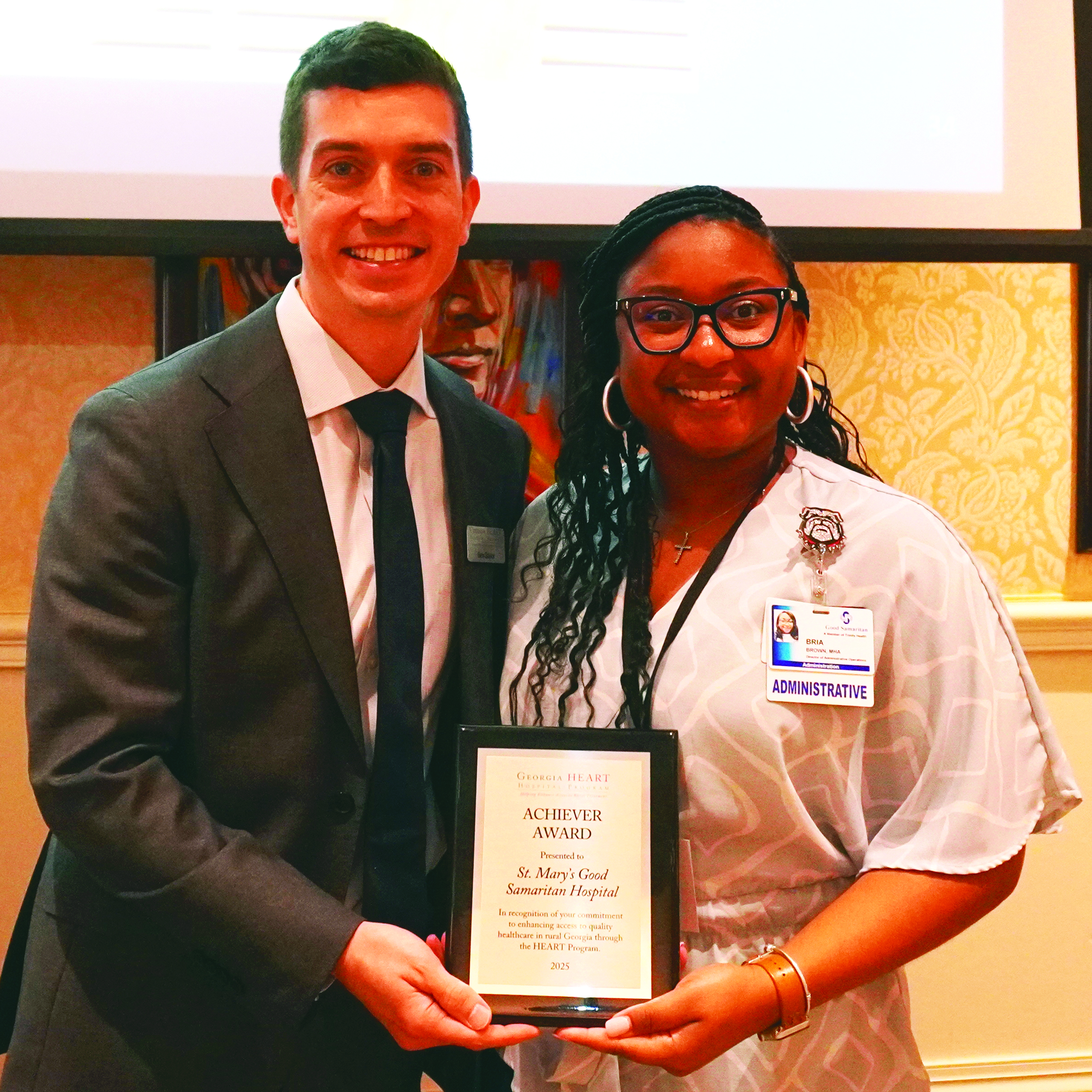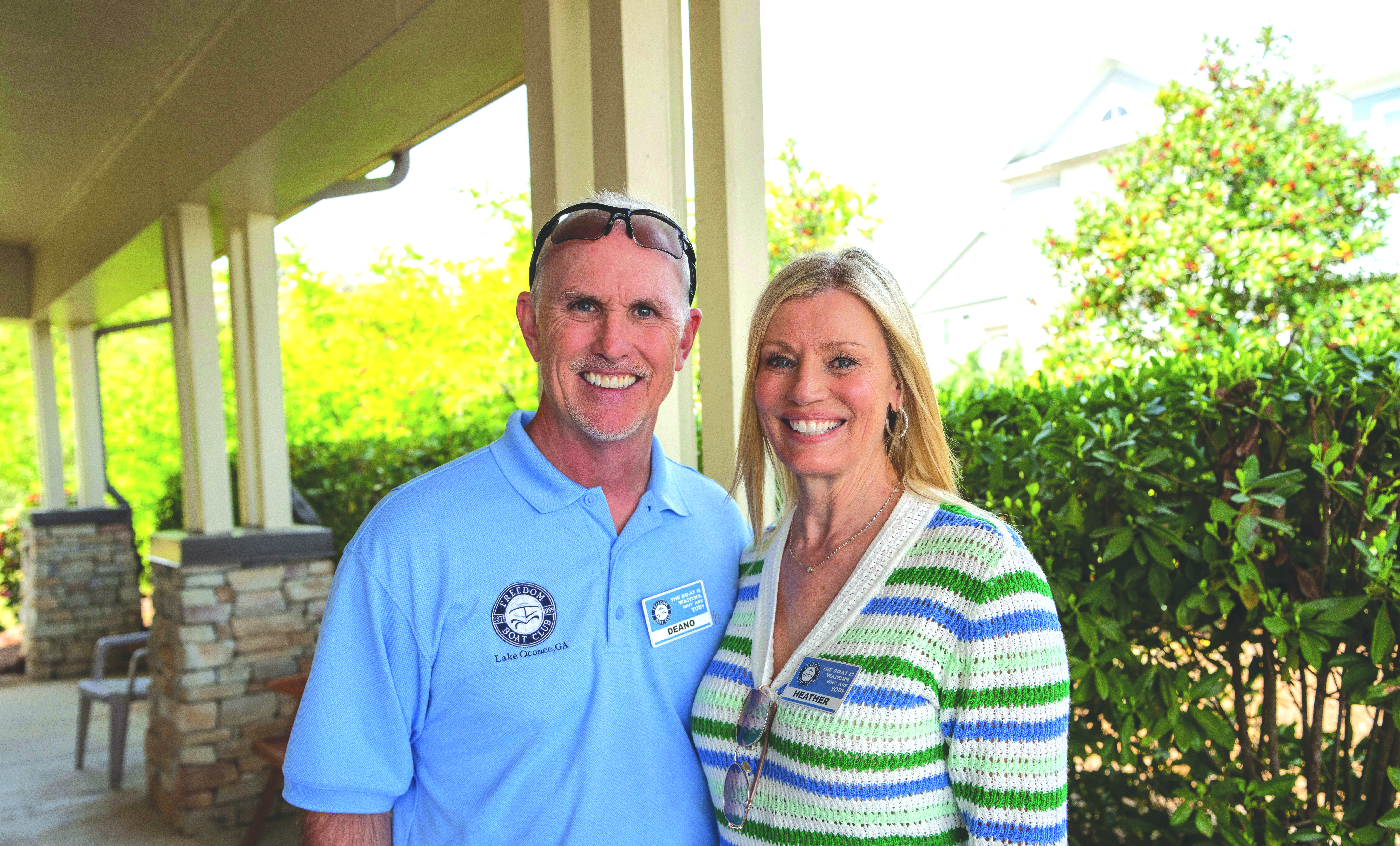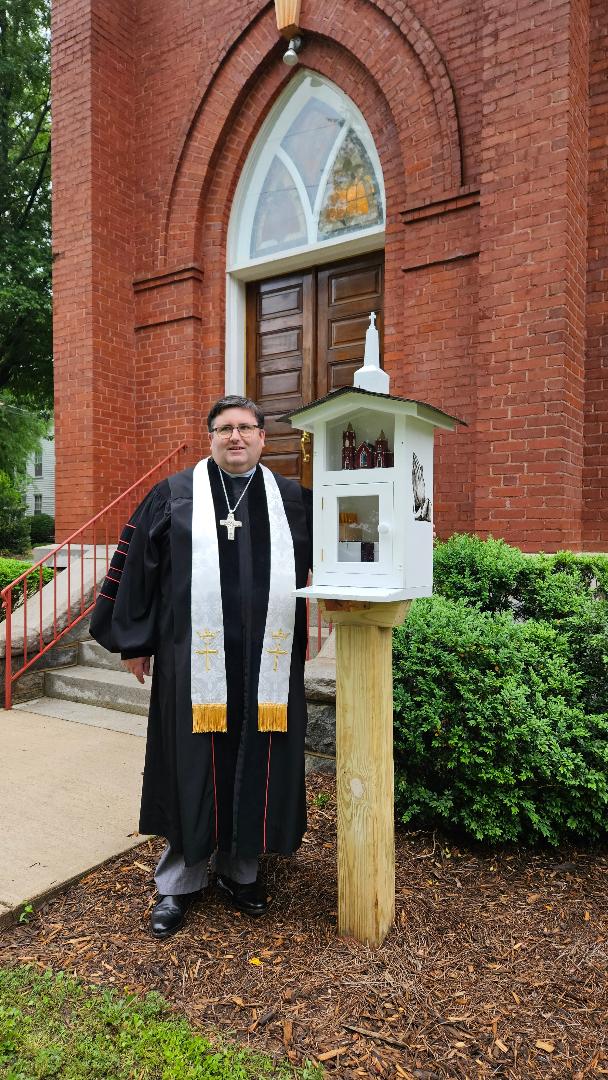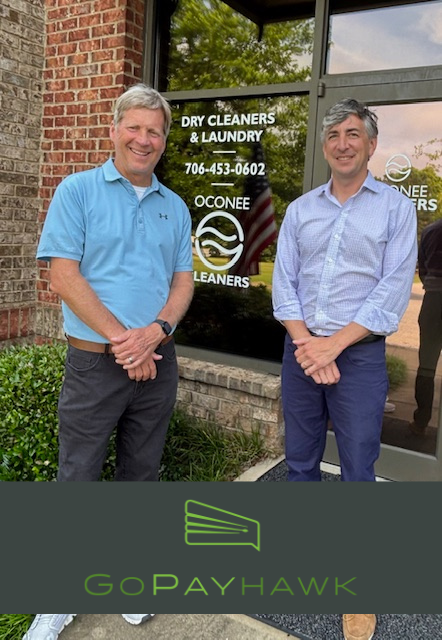Properly processing your deer is vitally important
Published 8:00 am Wednesday, September 21, 2011
Many hunters do not give sufficient thought to processing their harvested deer until faced with the deer lying on the ground. What you do then and the speed with which you do it can make all the difference in the world if you plan to process the deer for later comsumption.
Some hunters have learned the fine art of properly field dressing, skinning, and cutting up their harvested deer but most hunters will rely on a commercial deer processor to prepare their deer for consumption. There are several deer processors in this area to choose from but not all processors are the same.
This past week I visited Wright’s Deer Processing located at 126 Wrights Drive in Milledgeville (478-452-4228). The family owned business is operated by James and Mary Wright and they began processing deer in 1993. Their son John is the operations manager for the deer processing plant.
James gave me a tour of the business and explained each step in the processing of the deer. They are also qualified and certified to process wild hogs. Much goes into the processing of the deer and hogs and the hunter plays a vital role once the deer has been harvested.
“It is extremely important for the hunter to first place his/her shot accurately to avoid a gut shot which can ruin the meat,” said James. “Secondly the hunter needs to bring the deer as soon as possible to the processor and if the weather is warm the hunter should place a bag of ice in the deer’s cavity to keep it cool”.
“I will not process a deer that is bloated because the meat of the deer is ruined,” said James. “We do not require that the deer be field dressed but during warm weather it is important that hunters get the deer to me as quick as possible.”
“We immediately remove the hide and all the glands and then allow the deer to hang for three days before we begin to cut the deer,” said James. “Removing the hide is extremely important because leaving the hide on the deer can affect the taste of the entire deer in a negative way. Once the deer has hung for three days, we cut up the deer and then quick freeze the meat.”
Wright’s charges $78 to process a field dressed deer and $80 to process a deer that has not been field dressed. The costs for processing hogs depend on the weight of the hog and those costs average around $55. An extra charge applies for a hog weighing more than 200 pounds. The hunter can determine the specific cuts of meat that he/she wants from the deer and hog.
The entire process from the time the deer is received at the processor until the deer/hog meat is ready for pickup is about ten days. The hours of operation are from dawn until 8:00 pm during the hunting season. They will take a deer after 8:00 pm but an extra charge will be applied.
All deer processors are subject to inspections and processors are inspected on a regular basis. According to James the increase in government regulations that cover the processing of deer and hogs have increased the cost of the processing business along with the increased costs of refrigeration and electricity.
As we concluded our discussion and my visit, James again stressed the importance of transporting the deer to the processor as soon as possible. “Don’t drive around showing off your deer because the faster to the processor the better the deer meat will taste,” said James. “We do not process bad deer and we base that decision on the coloration and the smell of the deer. Some deer are diseased due to infections from injuries or being previously shot and we will not process an infected deer.”
Wright’s Deer Processing along with JJs Deer Processing located at 974 Ga Hwy 105 in Baldwin county are participating in the 2011 Hunters for the Hungry program named “Drop-Back-a –Pack”. In a change from the past, rather than bringing a whole field-dressed deer to donate, hunters are asked to donate a portion or a pack of their processed deer. The deer packs will then be distributed to the needy through churches and other organizations.
Keep these deer processing tips from James Wright in mind as the deer season progresses. Those tips are important whether you process your own deer or take it to a licensed processor. Good hunting and see you next week.





